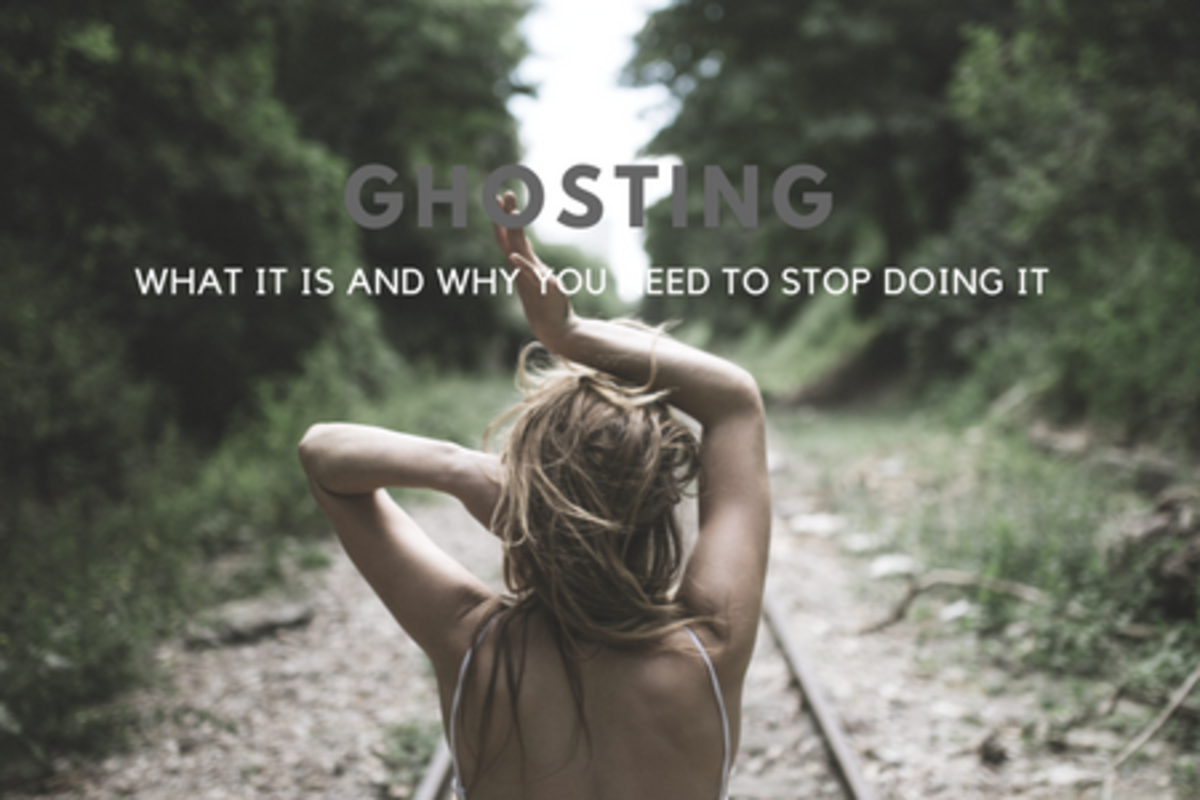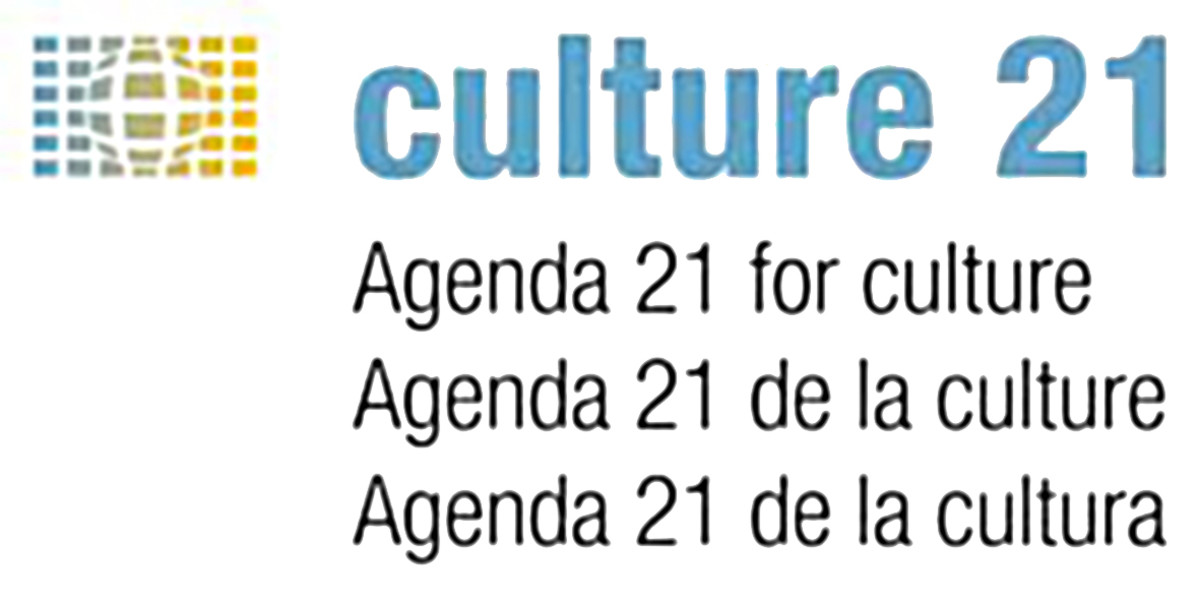Don't Be an Enabler
What is an enabler
For the record, I am not a trained professional, however, I'm very observant. I'm sure there are a plethora of articles on the subject, and I don't want to be accused of copying any of the previous articles, so this article is based solely on personal observations.
What is enabling, or what does it mean to be an enabler? Enabling is usually associated with negative connotations. However, it has a dual meaning. For the sake of this article, I'm only dealing with the negative aspect. Consulting the dictionary, and Wikipedia, this is what I found. The dictionary's meaning says, in part, "to make possible, or easy, sanction, to make one able to do something." According to Wikipedia, "it is used in counseling, and in the broader context of problematic behavior, to signify dysfunctional approaches that are intended to help but in fact may perpetuate the problem. A common theme of enabling, in the negative sense, is that third parties take responsibility, blame, or make accommodations for a person's harmful conduct (often with the best of intentions, or from fear or insecurity which inhibits action). The practical effect is that the person themselves does not have to do so, and is shielded from awareness of the harm it may do, and the need or pressure to change."Along with this definition, when I think of an enabler, I think of a person, with low self esteem, a person unable to assert themselves, and maybe even an impatient person. Low self esteem could cause one to become as it were a "doormat" for a spouse, a supposed best friend, a sibling, or anyone else the person feels powerless to stand up to. An unassertive employer with low self esteem could allow an assertive employee to run rough shod over them. An impatient person would, instead of teaching their children the basics of growing into a responsible adult, by allowing them to complete tasks assigned to them, just take over, and perform the assigned tasks themselves. Of course, these are not clinical definitions, just my observations.

Examples
Negative enabling can be found in various relationships: Spousal relationships, parent to child, child to parent, sibling to sibling, teacher to student, employer to employee, friend to friend. I probably left some out, but these are the ones that come to mind, because I've seen these played out or have been a party to them in various and sundry ways.
Spousal relationships: A husband wanting a wife to be a better housekeeper, (if he is the sole support of the family). What does he do to enable her? After a few feeble attempts to get her to change her ways, he either accepts it, or does it himself, all the while constantly complaining. Considering a wife with low self esteem living with an abuser, either physical or emotional. What happens early on in the relationship, as the pattern is revealed, the wife being unassertive, with low self esteem, makes excuses, and allows it to continue. I've always been told that people will treat you the way you allow them to treat you, (I don't know how true it is, but it sounds good to me). She too, continually, complains, making excuses and, never making a move to end it.
Parent to child: I feel, the paramount issue of enabling in this relationship, is the child not taking responsibility for their actions, meaning every time a child acts out, or cause problems, the impatient parent will make excuses, thereby promoting the behavior. Another example, where the child is expected to clean their room. Instead of insisting that the child learn to perform the task, the parent will usually do it themselves, or just ignore it, all the while complaining. Another important issue is, homework. Some children learn not to do their homework, yes I said learn, because at an early age a child can be taught to do just about anything, homework being one of them. However, the enabling parent will let the issue slide until an important assignment is due, and then what? They will practically do the assignment themselves, all the while complaining, and making excuses.
Child to parent: At times the parent is an alcoholic, or drug abuser, the child will become the enabler, by making excuses to family members, friends, employers etc. They may, at times even purchase the items for the parents.
Sibling to sibling: Oftentimes, it is the older protecting the younger, from parents, bullies, teachers etc. The enabling comes in the form of not allowing the sibling to stand up for themselves. Other times, the younger idolizes the older, and takes the blame for continual bad behavior, never allowing them to face the consequences of their actions.
Teacher to student: Then there are well liked students who are allowed to do anything they please, up to and including not performing in class the same as other students. The teacher will allow the behavior, and at grading time, gives the student a passing grade, despite not performing up to the expected standards . Some students carry that behavior all the way through college. How would you like one of them operating on you, or your loved ones? (I'm just saying).
Employer to employee: An employee repeatedly under performs, leaving others to take up the slack. The unassertive employer makes excuses, and continually allows the employee to slide, never making them accountable for their actions, by disciplining or terminating them.
Friend to friend: A possessive friend continually causes you to lose other close friends, because they want to be your only friend. Your enabling comes in the form of making excuses, such as they have problems at home, work or wherever.
Admittedly, these maybe weak examples, however these are some of the examples of enabling that I've either participated in, or have seen been privy to via friends, acquaintances, relatives, or others.
My thoughts
You can tell by my age that I am from the "old school," so a lot of my thoughts on the subject will run counter to the thinking of today. However, being outspoken as I am I'll just say it anyway. My thoughts on how not to be an enabler goes something like this. To begin with, It might sound simplistic to ask, have you ever tried a simple heart to heart? Admittedly one conversation, in most cases, won't solve anything. However, sometimes a simple conversation can be the beginning of the healing process.
Since I am no longer married, I feel I should limit my thoughts in that area, however I did manage to stay married for 40 years, so maybe some of the things that helped me last that long could help someone else, or not. Anyway, with the husband's situation. Instead of telling his wife how he wants the house to look, show her, work with her, surprisingly some young people today were not taught how to clean. Simple huh, but try it, it just might work. Now, here is a tricky one, the woman with the abusing spouse. I don't want to say much on this subject, although I have a lot to say, but I'm very opinionated, so as not to step over the line, I'll limit my thoughts. All I can say is, "support system," (family, friends, agencies, etc). The saying, you are treated the way you allow yourself to be treated, has a distinct ring of truth, so take it and RUN with it.
What about the parent to child relationship? Consider this, if you are a responsible adult, do you want your child to grow up that way? What about just letting your young ones face the consequences of their actions. In most cases, it won't hurt them, too bad, and the little hurt they do experience could prevent major, sad consequences later on in life.
Child to parent is a bit more difficult, because the child wants nothing more than to see their parent happy and safe, which is proven by their continued actions. However, if you are old enough to read and understand this, STOP, right now. You are not making them happy or safe. The only way to do this is let them face the consequences of their actions. This action might not help them, but I guarantee it will to hurt you, if you continuing on in this way.
Sibling to sibling, ah, alas this is a hard one. This is one that I had trouble with. I was always protecting my siblings, so it is something I am truly at a loss to speak on. All I can say is instead of doing it all the time, show them how to do what they need to do. Not much, huh, but that's all I got.
Teacher to student, think about it, how did you become the teacher you are today. Why are you hindering this young one. Don't you want them to become just as successful as you are.
Employer to employee, if you have rules and regulations for your employment that everyone must follow, why not require ALL, to follow these. There is a saying that goes something like this, "they can be replaced with a #2 pencil, (erase their name, and write in another)." Look around you, the world is filled with qualified individuals that would be willing to fill that spot and follow your employment regulations.
Friend to friend, build your self esteem, this is not the only friend you can get. Stop making excuses for their failings, they're not yours, and your "friend" is not as helpless as they seem, just selfish. You're not responsible for their happiness. FIND AND MAKE new friends, NOW.
Conclusion
Of course, this advice is not from a professional standpoint, just things that I have observed from, just being just that, an observer. In most of these situations professional help should be sought, and followed. However, my observations could just give you the encouragement you need to end your enabling inclinations.
Check Out These Links
- To enable or not to enable... - SoberRecovery : Alcoholism Drug Addiction Help and Information
Well...here I am again, providing my AS with a place to live, food to eat etc. As you all know this is the easiest thing to do. I dont want to be - Will Not Be An Enabler | Group with Personal Stories, Forums and Chat
Do You Will Not Be An Enabler? Join friendly people sharing true stories in the I Will Not Be An Enabler group. Find forums, advice and chat with groups who share this life experience. Whether it is everyday behaviors or drugs-related, we will be ena - Enabling - Enabling and Alcoholism in the Family
Many times when family and friends try to help alcoholics, they are actually making it easier for them to continue in the progression of the disease.
© 2009 Alfreta Sailor








